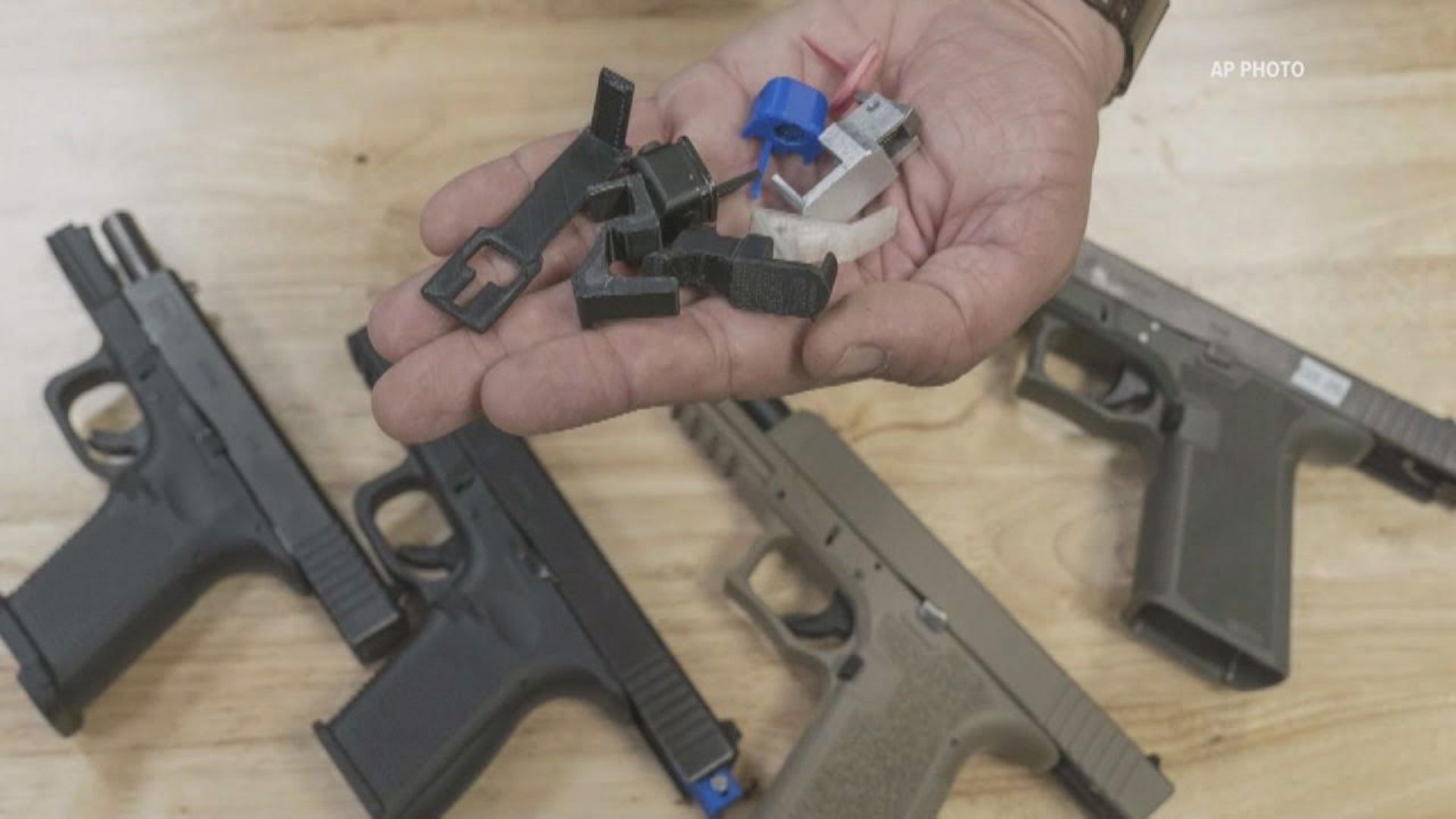HARRISBURG, Pa. — During this legislative session, a bill that would restrict firearms modifications that can turn handguns into deadly machine guns missed the mark, leaving gun safety advocates urging lawmakers for change.
Despite widespread support, the bill failed by just one vote.
Machine gun conversion devices (MCDs), often referred to as "Glock switches," have become a growing concern among law enforcement and safety advocates. These small devices, made of metal or plastic, can convert semi-automatic handguns into fully automatic weapons, making them significantly more lethal.
Gun regulation officials say the modifications allow individuals to fire approximately 1,200 rounds from the device per minute. Without a stock to stabilize the firearm, officials also warn that illegally modified guns can be difficult to control and inaccurate when firing.
Adam Garber, executive director of CeaseFire PA, stated, “Their only purpose is to cause mass carnage quickly. You wouldn’t use them in self-defense, [and] you wouldn’t use them for hunting or anything else.”
Despite the possession of MCDs carrying a sentence of 10 years in federal prison and a minimum of 30 years if used in a violent crime, officials say the associated risks aren’t slowing the spread.
According to the Bureau of Alcohol, Tobacco, Firearms and Explosives (ATF), these alterations have surged since 2017, with the demographic skewing towards younger users.
Eric DeGree, special agent in charge of the ATF Philadelphia Field Division, highlighted that modified handguns are now “the most frequently recovered type of illegal firearm.”
The rise in accessibility is partly attributed to advancements in 3D printing technology, which has made these devices cheaper and easier to make and sell nationwide.
The bill, backed by the Pennsylvania District Attorneys Association and the Pennsylvania Chiefs of Police Association, sought to create a distinct state law banning these modifications. While there are federal laws in place deeming the devices illegal, Garber emphasized the need for a complimentary state ban.
“Without a state ban, district attorneys cannot prosecute individuals for possessing or selling these small pieces that cause mass carnage. It’s time to give our local law enforcement the ability to keep our communities safe,” Garber said.
Advocates plan to go back to the drawing board when the new legislative session begins in January.
“We’re hoping that, with a little more education and understanding the consequences of not banning these devices, our legislators will come back and do something different this time,” Garber remarked.

